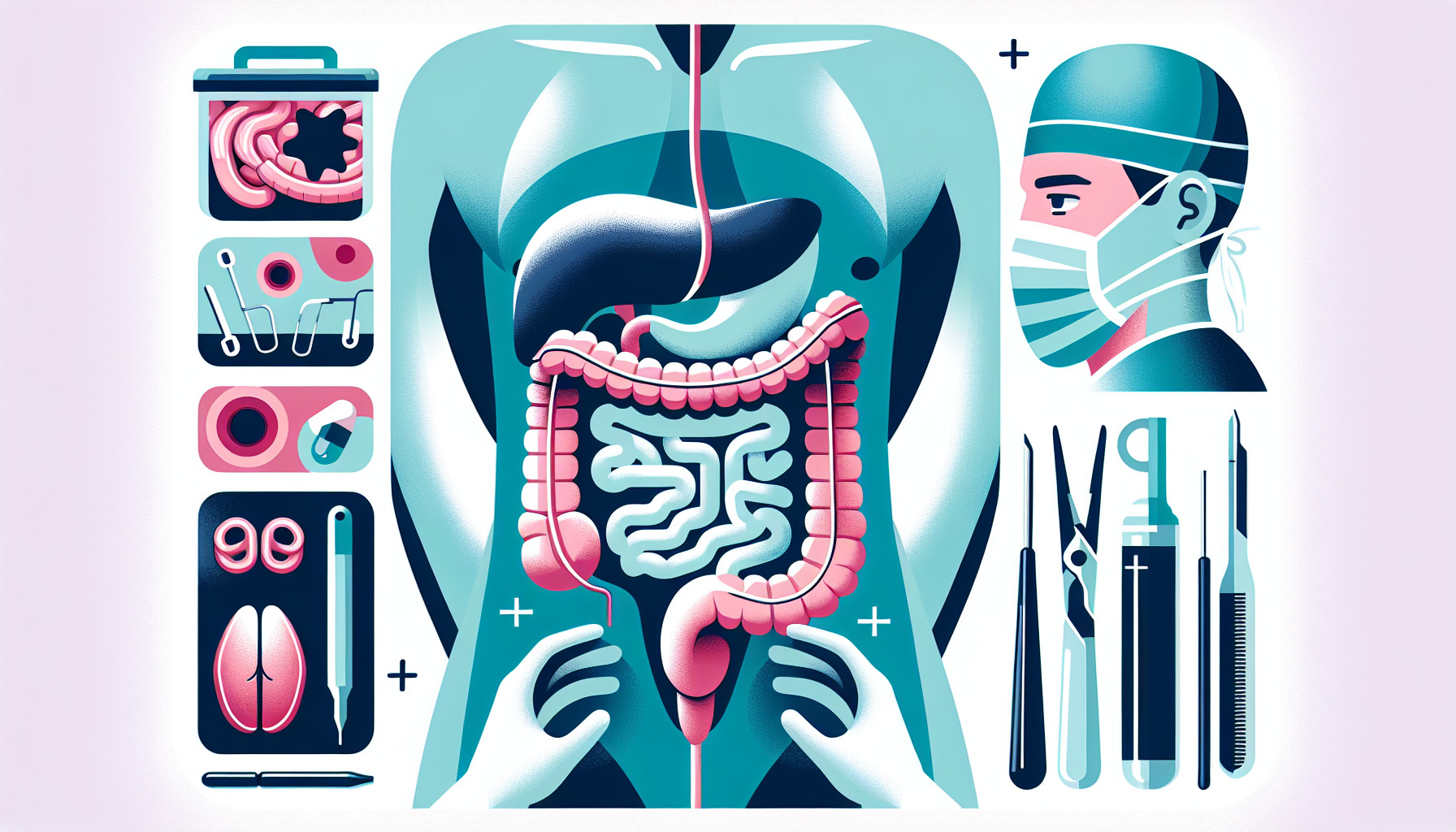Our Summary
Our intestines are home to trillions of different microorganisms, most of which are harmless bacteria that are crucial for our immune system’s balance. However, things like diet, antibiotics, and exposure to certain disease-causing microorganisms can disrupt this balance, leading to various health problems. One major problem is a potentially fatal condition called graft-vs.-host disease (GVHD), which can occur after a type of stem cell transplant.
This study focuses on how these intestinal microorganisms and their by-products can influence GVHD. Recent advances in technology have allowed for a detailed look at the composition of these microorganisms during stem cell transplants, helping identify common patterns. The researchers found that certain by-products produced by these bacteria can help maintain a healthy intestinal environment and promote immune tolerance after a transplant.
The paper also discusses new therapeutic approaches aimed at protecting or regenerating intestinal cell populations to combat GVHD. This indicates a potential new direction for treating this serious condition by focusing on our gut bacteria and their by-products.
FAQs
- What is graft-vs.-host disease (GVHD) and how can it occur?
- How can intestinal microorganisms influence GVHD?
- What new therapeutic approaches are being developed to combat GVHD?
Doctor’s Tip
One helpful tip a doctor might tell a patient about intestinal transplant is to carefully follow the prescribed medication regimen to prevent complications such as GVHD. It is important to maintain a healthy gut microbiome by eating a balanced diet rich in fiber and probiotics, avoiding unnecessary antibiotic use, and practicing good hygiene to prevent infections. Regular follow-up appointments with your healthcare team are essential to monitor your progress and make any necessary adjustments to your treatment plan. Remember to communicate any changes in your symptoms or overall health to your healthcare provider promptly.
Suitable For
Patients who may be recommended for an intestinal transplant typically have severe intestinal failure or dysfunction that cannot be managed with other medical treatments. Some common reasons for considering an intestinal transplant include:
Short bowel syndrome: This condition occurs when a large portion of the small intestine is removed due to surgery, injury, or disease, leading to malabsorption of nutrients and fluids.
Chronic intestinal pseudo-obstruction: This condition causes the intestines to function abnormally, leading to symptoms similar to a bowel obstruction without a physical blockage.
Intestinal ischemia: This condition occurs when blood flow to the intestines is restricted, leading to tissue damage and potential organ failure.
Inflammatory bowel disease: Severe cases of Crohn’s disease or ulcerative colitis that do not respond to other treatments may require an intestinal transplant.
Intestinal failure due to other conditions such as tumors, infections, or congenital abnormalities.
Patients who are considered for an intestinal transplant undergo a thorough evaluation by a multidisciplinary team of specialists to determine if they are suitable candidates for the procedure. Intestinal transplantation is a complex and high-risk surgery, so patients must meet specific criteria to ensure the best possible outcomes.
Timeline
Before an intestinal transplant:
- Patient experiences severe intestinal failure, often due to conditions such as Crohn’s disease, ulcerative colitis, or trauma
- Patient undergoes extensive medical treatment to manage symptoms and complications of intestinal failure, such as malnutrition and dehydration
- Patient may be placed on a waiting list for an intestinal transplant, which can be a lengthy process
- Patient undergoes thorough evaluation and testing to determine their eligibility for a transplant
After an intestinal transplant:
- Patient undergoes the transplant surgery, which involves replacing the diseased or damaged intestines with healthy donor intestines
- Patient stays in the hospital for an extended period of time for monitoring and recovery
- Patient takes immunosuppressive medications to prevent rejection of the transplanted organ
- Patient undergoes extensive rehabilitation and follow-up care to monitor for complications and ensure the success of the transplant
- Patient’s gut microbiota may be altered by the transplant and may require management to prevent complications such as GVHD
Overall, the timeline of a patient before and after an intestinal transplant involves a significant amount of medical care and monitoring to ensure the success of the procedure and the patient’s overall health.
What to Ask Your Doctor
Some questions a patient should ask their doctor about intestinal transplant include:
- What are the potential risks and complications associated with an intestinal transplant?
- How will the transplant affect my immune system and gut microbiome?
- What steps will be taken to prevent graft-vs.-host disease (GVHD) after the transplant?
- How will my diet and lifestyle need to change following the transplant?
- What ongoing monitoring and follow-up care will be necessary after the transplant?
- Are there any new therapeutic approaches or treatments available for preventing or managing GVHD?
- What can I do to support a healthy gut microbiome before and after the transplant?
- Are there any clinical trials or research studies related to intestinal transplants that I should be aware of?
- How long is the recovery process expected to be, and what can I expect in terms of recovery milestones?
- What are the long-term outcomes and potential complications associated with an intestinal transplant?
Reference
Authors: Köhler N, Zeiser R. Journal: Front Immunol. 2019 Jan 17;9:3179. doi: 10.3389/fimmu.2018.03179. eCollection 2018. PMID: 30705680
